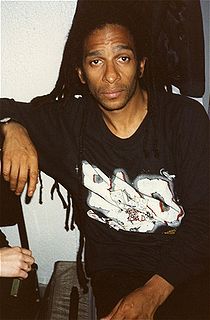A Quote by Adam Cohen
A little-appreciated downside of the technology revolution is that, mainly without thinking about it, we have given up 'locational privacy.'
Quote Topics
Related Quotes
What’s next for technology and design? A lot less thinking about technology for technology’s sake, and a lot more thinking about design. Art humanizes technology and makes it understandable. Design is needed to make sense of information overload. It is why art and design will rise in importance during this century as we try to make sense of all the possibilities that digital technology now affords.
I don't think he would have had any trouble answering Justice Sonia Sotomayor's excellent challenge in a case involving GPS surveillance. She said we need an alternative to this whole way of thinking about the privacy now which says that when you give data to a third party, you have no expectations of privacy. And [Louis] Brandeis would have said nonsense, of course you have expectations of privacy because it's intellectual privacy that has to be protected. That's my attempt to channel him on some of those privacy questions.
People were touchingly naive at the dawn of the Internet revolution when they said the Internet will route around censorship the way it routes around damage. With any revolution, the establishment catches up and figures out how to screw it up. The answer is to keep technology advancing fast enough so that those who would try to control it can't. It's up to people to defend what they care about. We shouldn't be complacent that this stuff is going to be a force for good.
I'm bad at thinking about society. I love to make fun of very small aspects. For instance the privacy rules we have in the States. Where you sign this thing that you've never read, and if you ever read it you discover there's no privacy whatsoever. But I don't know how to think sociologically, to tell you the truth. My son is a political scientist and my daughter-in-law is a sociologist. I can't think that way. I am not a good political militant at all. I keep thinking about what the other side must look like.
































